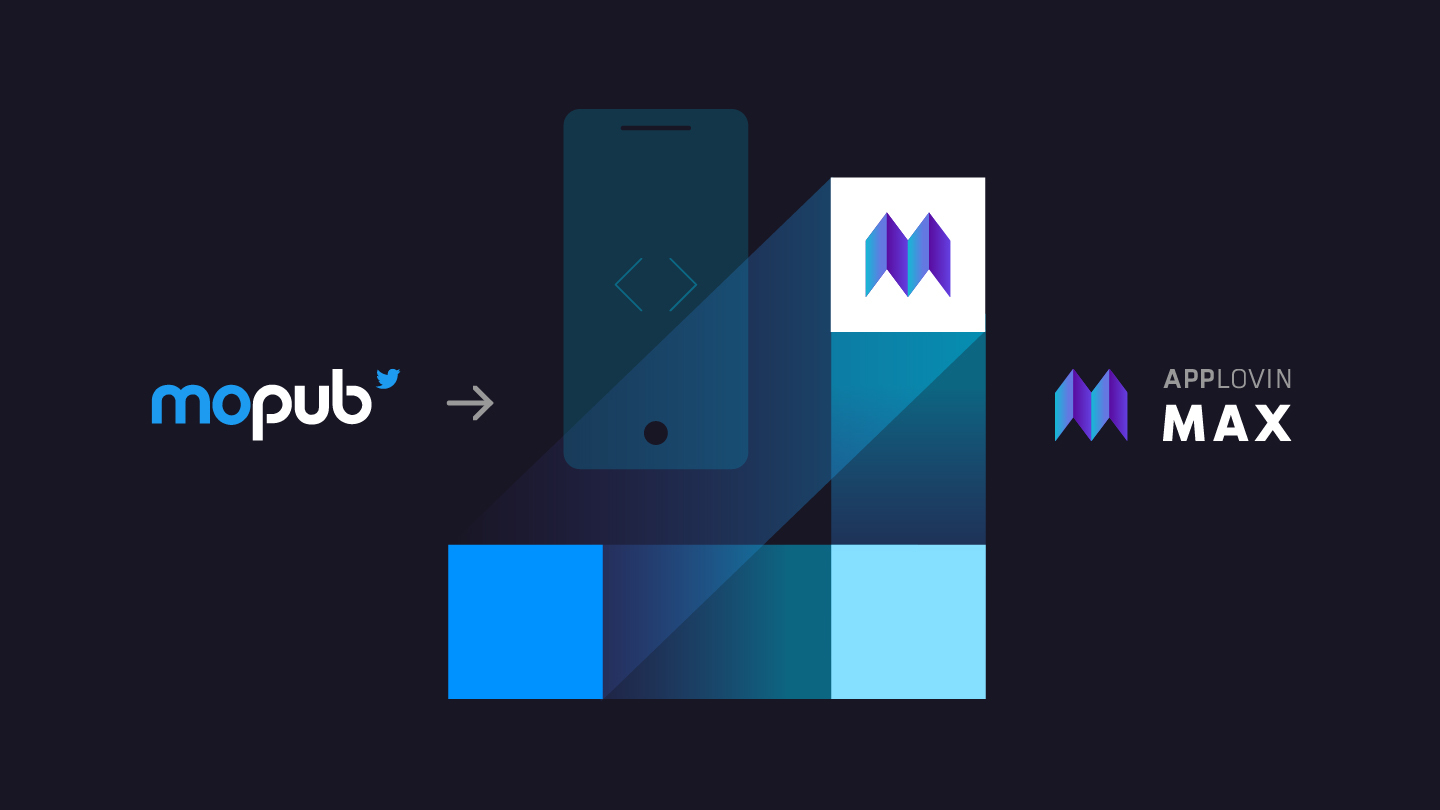Monetization, Product News
More MoPub Features Integrated into MAX via Major SDK 11.0 Release
Dec 31, 2021

Monetization, Product News

When we announced our acquisition of MoPub from Twitter, we promised to merge MoPub’s key features into MAX to create an even more effective product offering by migration time.
Since then, we have launched several new features that are exclusive to the unified MAX + MoPub solution, including the AppLovin Exchange, Universal Creative Reporting, and many others.
We are excited to now release the rest of the major features from our roadmap, combining the best of MoPub and MAX with our upcoming SDK 11 release on January 6, 2022.
In addition to what will be available in our next SDK release, we have even more new features set to launch soon.
Developers should update to the latest version of our 11.0.0 SDK to benefit from any of the features above and refer to our documentation page, which is now publicly available for our partners to access.
There’s still time to migrate to MAX. Learn more here on MAX’s automated testing suite and how MAX differentiates from all other solutions in the marketplace.